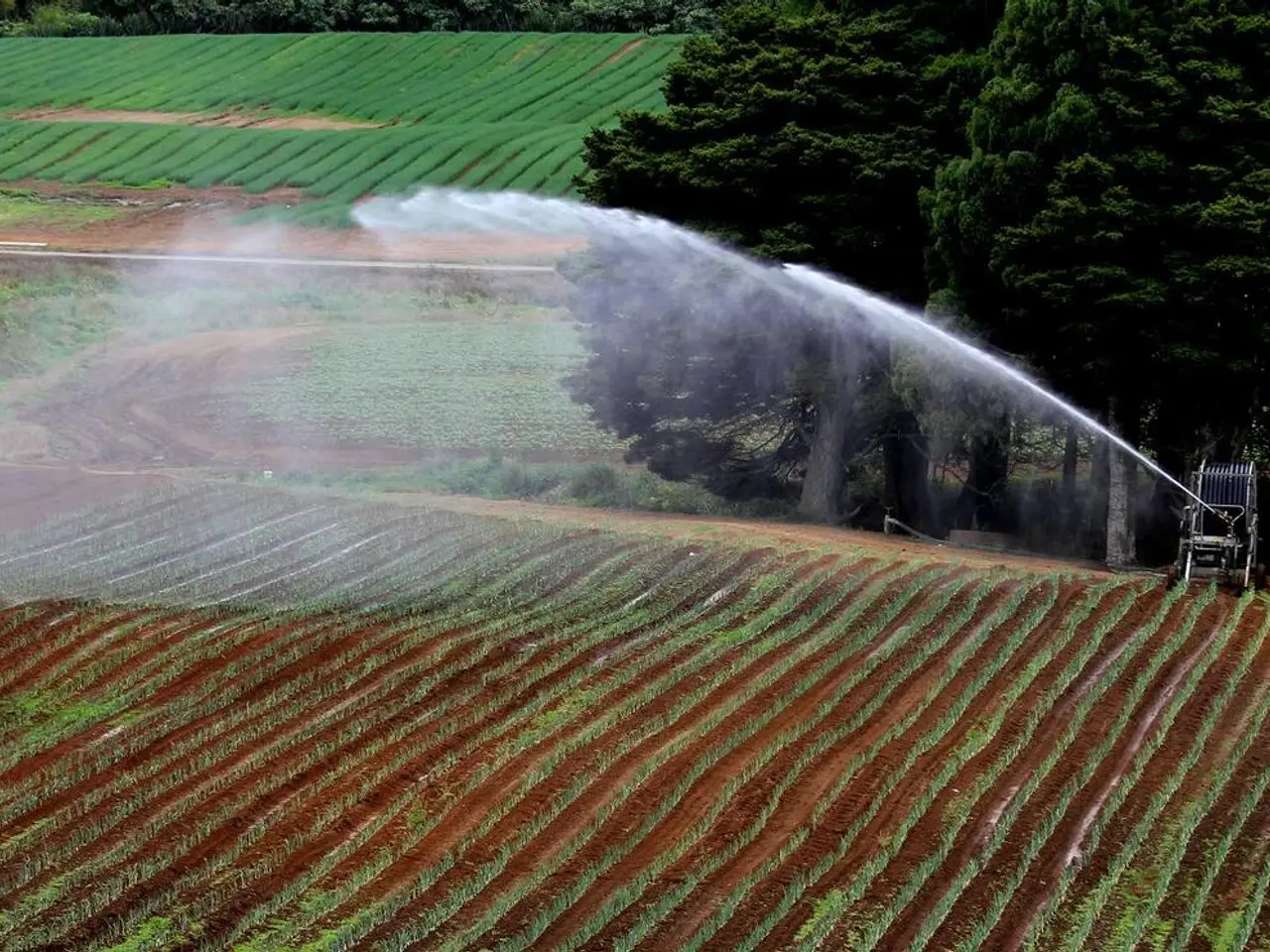Italian biomethane producer receives €245 million investment from Infranity
The European biomethane sector is witnessing a significant surge, with production expected to double from 6 billion cubic meters (bcm) in 2023 to 12 bcm in 2024. This growth is driven by substantial investments of €2.7 billion in 2023 and the operation of over 1,300 biogas plants, 85% of which are connected to the grid.
This expansion aligns with the European Commission's target of producing 35 bcm of sustainable biomethane by 2030, a goal that seems within reach given the current trajectory. This target is part of the EU's broader climate objectives under the Renewable Energy Directive (RED III) and the Fit for 55 package, aiming for a 55% greenhouse gas emissions reduction by 2030 compared to 1990 levels.
Infranity, a sustainable infrastructure investor, recently announced a €245m loan to FemoGas, marking Infranity's first investment in the biogas sector. This loan will allow FemoGas to double its production of liquid biomethane for heavy-duty vehicles and maritime transport to 0.5 TWh by 2027 and reach an annual production of 1.5 TWh by 2030.
Biomethane, chemically identical to fossil natural gas but renewable, is considered a drop-in fuel for decarbonizing hard-to-abate sectors such as heavy-duty road transport and maritime transport. It supports the EU’s renewable energy target of at least 14% renewable energy share in transport by 2030, driving wider uptake of low-emission fuels in road freight and shipping sectors.
The injection of 1.5 TWh of biomethane into the Italian gas network could reduce CO2 emissions by heavy-duty vehicles serving Italian farms by one million tonnes a year. This substitution of fossil gas with renewable biomethane is expected to play a critical role in decarbonizing the road and maritime transport sectors, thereby advancing both climate and energy security objectives.
Infranity focuses on five main fields of infrastructure across all of its strategies, including energy transition, green mobility, the environment, social infrastructure, and digital transformation. Other significant investments include Cibus Capital co-leading a $40m investment in a robot mushroom startup and FMO leading a €130m syndicated loan for Turkey's QNB Leasing.
The growth in biomethane production and infrastructure supports cross-border renewable gas trade and issuance of Guarantees of Origin (GoOs), incentivizing further sustainable fuel adoption in transport. Biomethane, derived from organic matter like manure or silage from farms, is set to play a pivotal role in the EU's decarbonization efforts, particularly in the transport sector.
- In line with the European Commission's target, the surge in biomethane production through blended finance and development finance is accelerating the transition to renewable energy, with the goal of producing 35 billion cubic meters (bcm) of sustainable biomethane by 2030.
- The announcement of a €245m loan by sustainable infrastructure investor Infranity to FemoGas signifies a significant stride in the biogas sector, aiming to double liquid biomethane production for heavy-duty vehicles and maritime transport by 2027.
- Biomethane, which is chemically identical to fossil natural gas but renewable, serves as a drop-in fuel for decarbonizing hard-to-abate sectors and supports the EU’s renewable energy target, driving the wider uptake of low-emission fuels in the road freight and shipping sectors.
- The expansion of biomethane production and infrastructure could result in a reduction of one million tonnes of CO2 emissions annually by heavy-duty vehicles serving Italian farms, contributing to the decarbonization of the road and maritime transport sectors.
- As part of its infrastructure investment strategies, Infranity focuses on various sectors, including energy transition, with significant investments in areas like green mobility, the environment, social infrastructure, and digital transformation, demonstrating its commitment to climate-change mitigation and a sustainable future.




